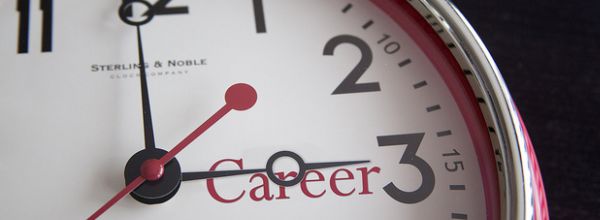If you find it very difficult to call your boss by her first name, feel obligated to wear business casual clothes to the lab, or reckon that it’s slightly weird that your fellow PhD candidates are inviting you to a casual night out instead of to the library to study, then like me, you just might be from a developing country.
The scientific landscape in Europe and the Americas can be hard terrain to maneuver – you’re expected to be ten minutes early to meetings and classes, yet your boss is bringing pie, of all things, to lab meetings. Your lab report is a PowerPoint presentation, yet lab pranks such as floating rubber ducks in the hot water bath are celebrated, rather than punished.
What in the world is really going on?
Being an international student is tough. Being an international student training to be a scientist is really complicated. Here are four tips I’ve garnered on navigating a lab in the west.
1. Wear jeans
Consider a day in the lab as an ordinary day, in which the focus is more on working hard rather than looking like you’re working hard. When I started my PhD, my dear mother sent me blazers and dress skirts to get me started on the right foot, but I’ve found that such attire is better suited to conferences.
2. Leave the “applicant” tone behind
For my graduate school application, I used fancy terms like “ameliorate” and “contribute to the world health crisis”, and once I became a graduate student, I found it hard to make a smooth transition from world-changer to eager learner. If every conversation you have is about your expertise, your dreams and goals, and how easy you are finding graduate school, people will be turned off (this goes for everyone). The resume gets you the position just as much as your humanity and likeability keep you happy there.
3. Spend time with your peers outside the lab
This one has been quite the challenge for me. My forte is to come to work, tackle the checklist, clock out, and hit the ground running again the next day. Life as a graduate student goes from workhorse to willing and able participant when lab-mates go out to lunch, or get coffee/tea together, and involve each other in their lives outside of the lab.
Having a baby? Let your eager lab mates throw you a baby shower. Go to the post-doc’s send off party. Sign the birthday cards for the people you work with. Don’t be the one person that refuses to wear a costume to the lab Halloween party.
4. Ask for help
From my encounters with other graduate students and over-achieving undergraduates, I realize that this is a common struggle for everyone. Asking for help often feels like admitting incompetence, rather than what it really is – being smart enough to use the resources you have in the form of more experienced students, and a knowledgeable supervisor.
Perfect example: the first time I did an ELISA, my boss asked me to spike it to validate it. I responded with a quick “OK!” and then frantically perused Google and Wiki to try to figure out what she meant. I did the wrong thing, and ended up having to tell her that I hadn’t understood in the first place. Don’t be like me, ask for help and clarification whenever you need it. Like the adage goes, the only stupid questions are the ones not asked.
Good luck to you!






